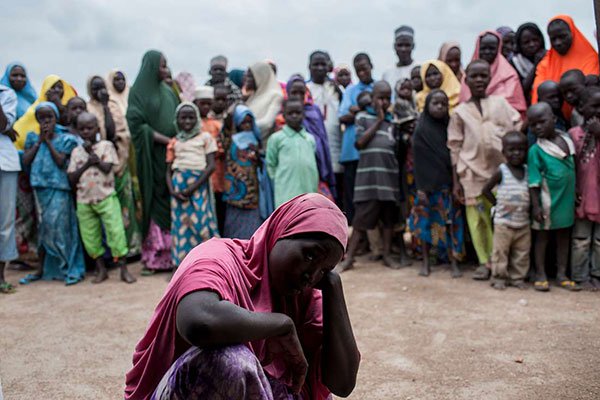Germany hosts Boko Haram crisis talks


BY:
Nigeria, Germany, Norway and the UN on Monday opened talks in Berlin on the $1.56 billion (Sh100bn) Boko Haram humanitarian funds requirement.
The two-day conference is one of the 2018 largest pledging forums for the Lake Chad region.
The conference will focus on humanitarian assistance, civilian protection, crisis prevention and stabilisation for the region, which has been devastated by insurgents since 2009.
More than 30,000 people have been killed in the Nigeria’s North-east and the Lake Chad Basin belt of Niger, Cameroon and Chad.
Many economic and public infrastructure have been destroyed, throwing more than 6 million people into poverty.
Nigeria alone was currently hosting more than 2.4 million internally displaced persons (IDPs) in various camps.
RECONSTRUCTION
The rehabilitation of the IDPs and the restoration of the region has become an international concern that has generated several pledges.
The Berlin conference would also discuss the perspectives of civil society, as well as how to strengthen collaboration between the affected countries and the organisations involved in responding to the crisis.
The Nigerian delegation to Berlin was led by the Permanent Representative to the UN, Prof Tijjani Bande.
Prof Bande said Nigeria had developed a $6.7 billion plan of action for the reconstruction, rehabilitation and resettlement of the area devastated by the Boko Haram.
The Nigerian envoy stressed the need for cooperation among the Lake Chad countries, the donors as well as humanitarian and development partners.
ASSISTANCE
The UN said that it would have provided assistance to no fewer than 6.1 million people affected by the Boko Haram crisis by the end of this year.
UN Resident and Humanitarian Coordinator for Nigeria Edward Kallon said in New York recently that Nigeria was still facing a crisis of global magnitude.
“The figures are alarming – 10.2 million people affected in three states in Northeast Nigeria, 7.7 million people in need of humanitarian assistance.
“Our 2018 Humanitarian Response Plan was developed to provide assistance for 6.1 million people requiring slightly above a billion dollars in 2018,” Mr Kallon said.